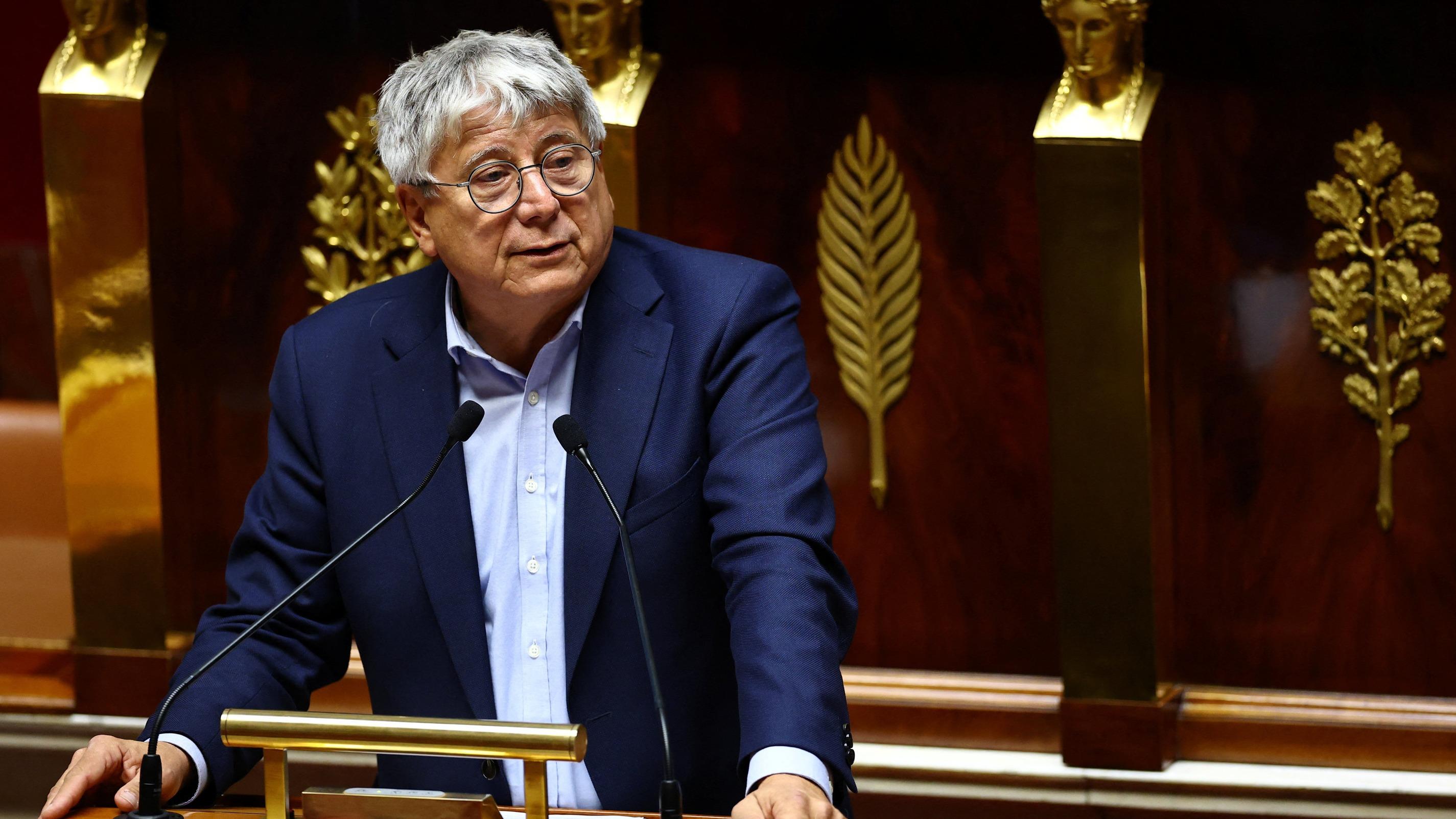French Multinational Tax Reform Sparks Feasibility Concerns and Industry Criticism
France's new 26 billion euro tax on multinationals faces strong criticism over its practical enforceability and industry pushback.
- • French National Assembly passed a 26 billion euro tax on multinational profits tied to their activity.
- • Experts and legal analysts deem the tax measure inapplicable and impractical.
- • Arthur Mensch, CEO of Mistral, says he cannot pay the tax but supports fiscal justice solutions.
- • The tax was approved against government opposition, highlighting political divisions.
- • French government is transparent on public servant pension funding needing 41 billion euros annually.
Key details
In October 2025, the French National Assembly approved a contentious amendment introduced by the France insoumise party to impose a new tax on multinational companies, targeting profits based on their activity within France. The tax, popularly dubbed the 'Taxe Zucman,' is projected to generate approximately 26 billion euros annually, intending to fight tax evasion and white-collar crime.
However, experts and industry leaders have raised serious doubts about the tax's practical implementation. Legal analyst Gabriel di Chiara of Jeantet law firm described the measure as "inapplicable," highlighting a gap between the tax’s promising revenue projections and its real-world enforceability. Similarly, Arthur Mensch, CEO of the French AI firm Mistral, stated he "could not pay" the tax but expressed support for efforts toward "more fiscal justice." Mensch pointed out that while Mistral's valuation rose considerably after recent fundraising, it does not translate into immediate liquidity to meet such fiscal demands.
The tax’s approval came despite government opposition, underscoring significant political divisions regarding financial reforms. Moreover, the French government continues to focus on transparency concerning public servant pensions, which presently require an annual funding injection of 41 billion euros to maintain balance.
This tax initiative exemplifies the tension between legislative ambitions for fiscal equity and the practical constraints in taxing multinational corporations, as critics question both its applicability and impact on the French economy.
Overall, while designed to enhance tax justice, the 'Taxe Zucman' faces skepticism over execution feasibility, fueling ongoing debates in France’s economic policy arena.
This article was translated and synthesized from French sources, providing English-speaking readers with local perspectives.
Source articles (2)
Source comparison
Financial impact of the tax amendment
Sources disagree on the expected financial impact of the tax amendment on the state.
lefigaro.fr
"the tax could generate around 26 billion euros annually for the state"
lefigaro.fr
"the actual financial impact of the tax amendment would be nil, citing its impracticality."
Why this matters: The first source suggests that the tax could generate around 26 billion euros annually, while the second source claims that the tax's actual financial impact would be nil due to its impracticality. This disagreement affects how readers understand the potential effectiveness and implications of the tax legislation.
Latest news
France Returns the Djidji Ayôkwé Talking Drum to Côte d'Ivoire After Over a Century
Record 37 Days of Rain Triggers Ongoing Severe Flooding in Western France
Political Divisions and Social Tensions Intensify Following Quentin Deranque’s Death in Lyon
French Economy Minister Calls for Full Insurance Industry Mobilization Amid Devastating Storm Floods
France Boosts Social and Solidarity Economy with New Tools and Potential Tax Reforms in 2026
Saint-Nazaire Mayor Condemns Vandalism of Two Political Offices as Attack on Democracy
The top news stories in France
Delivered straight to your inbox each morning.

